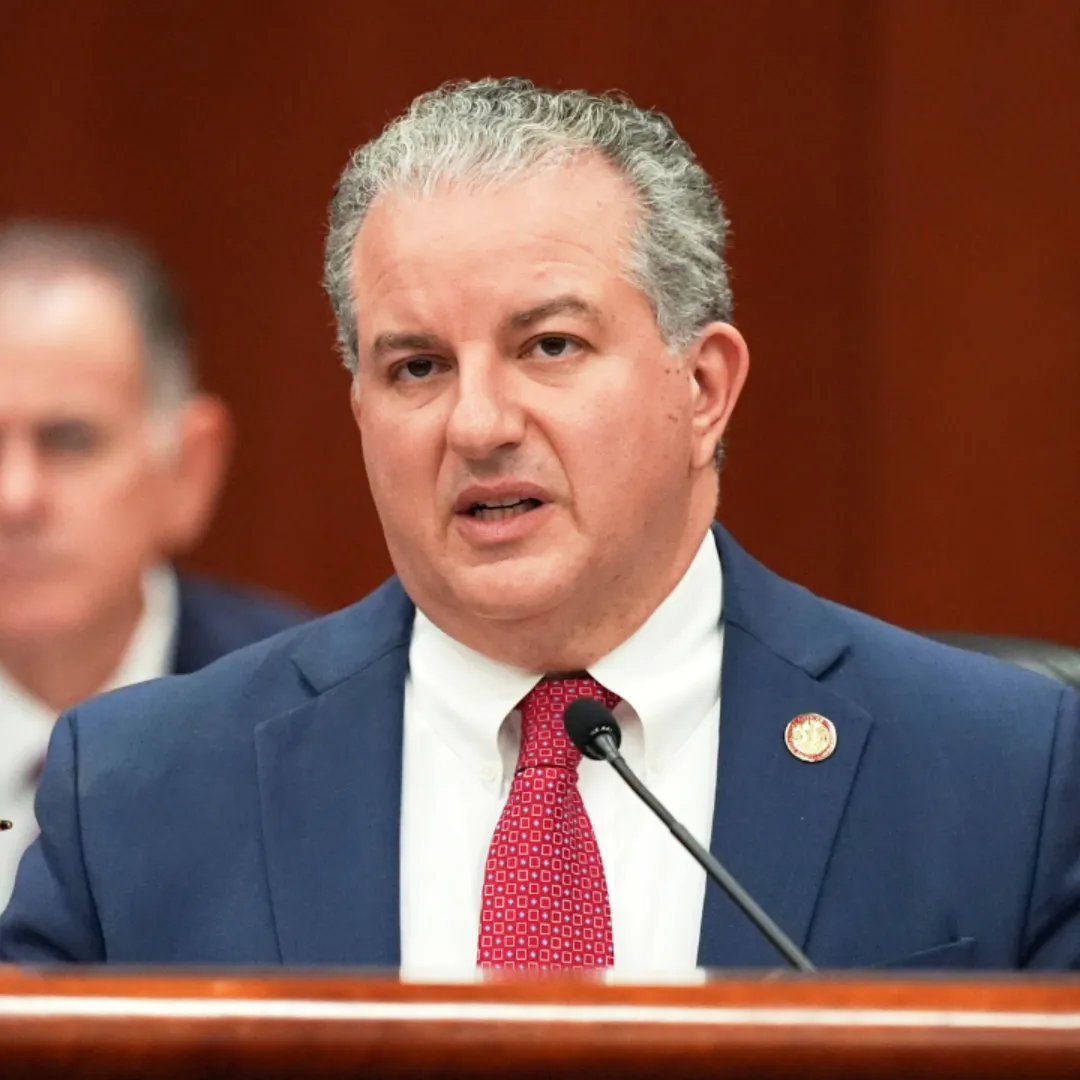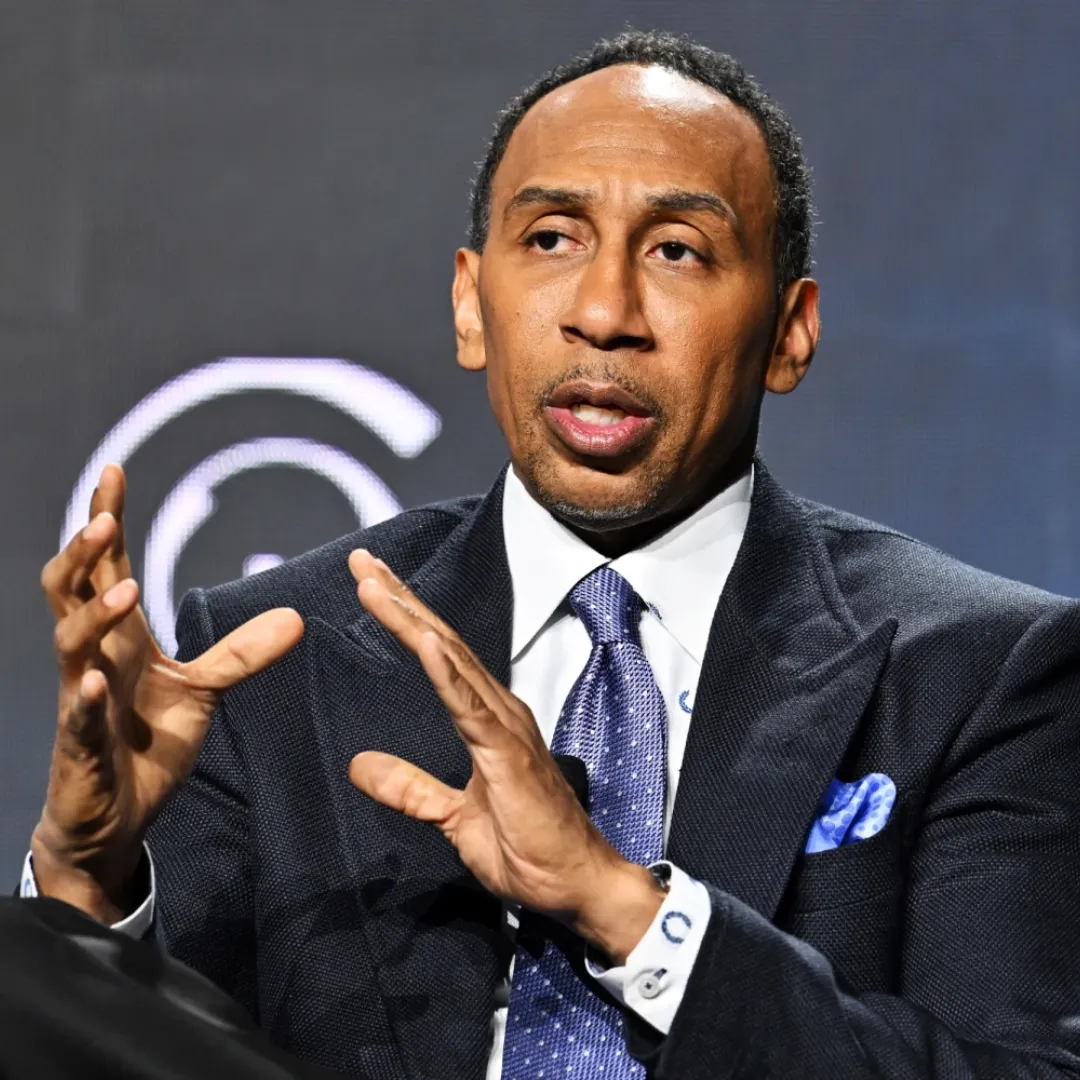![]()
In a fiery outburst that has reverberated across political circles, veteran Democratic strategist James Carville took to his "Politics War Room" podcast to lash out at moderate voters who cast their ballots for President Donald Trump in the 2024 election.
Carville’s harsh words — calling them “g--d--- idiots” — reflect growing frustration among progressive Democrats over the choices of moderate voters, particularly those who disapproved of former President Joe Biden’s policies and turned to Trump in search of change.
Carville's criticism is not just a personal attack on Trump voters but a reflection of the ongoing ideological rift within the electorate. He argued that many of these moderates who are now dissatisfied with Trump’s policies have only themselves to blame for their “stupid vote.”
The animosity Carville expresses towards this group is not just rooted in frustration, but in a belief that these moderates, by voting for Trump, failed to recognize the clear political trajectory of the Republican Party under his leadership.
From trade wars to foreign policy, Trump’s political platform was hardly a mystery to those paying attention. Carville’s frustration highlights a deeper divide in the country between the moderates and progressives, as well as the voters’ relationship to Trump’s policy agenda.
Carville’s remarks were aimed directly at the moderate Republicans and independents who voted for Trump in 2024, hoping for a change in leadership but now seemingly disappointed by his policies.
On his podcast, Carville emphatically said: "But they didn’t vote for this, and they are kind of surprised. Well, if you didn’t know this, then you made a really stupid vote! Okay? There is nothing. I repeat, there is nothing that he’s done that’s remotely surprising. And most of it, by the way, he told you."
Carville’s harsh words were aimed at the 10 percent of voters who, according to his estimates, voted for Trump not out of strong ideological alignment but because they wanted a change from the policies of the Biden administration.
For these voters, Carville had little sympathy: "So, I’m sorry. But to the 10 percent who said, ‘Well, I voted for change. I didn’t vote for this,’ then you are a g--d--- idiot!"
This group of voters, Carville argues, is now facing the consequences of their choices, with Trump’s administration implementing policies that aligned perfectly with the rhetoric and promises he made during his campaign.
For Carville, it was foolishness, not surprise, that led these voters to overlook the obvious trajectory of Trump’s leadership style and policies.
Carville’s frustration centers around the lack of foresight by voters who chose Trump in 2024 and are now disillusioned by his presidency. He insists that the policies enacted by the Trump administration — such as large-scale tariffs, sympathetic relations with Russia, and an “idiotic cabinet” — were entirely predictable.
One of the most consequential policies that Carville highlights is Trump’s escalating trade war with China, which has been a core pillar of his administration’s foreign policy.
Carville argues that the tariffs, which were imposed by Trump under the guise of economic nationalism, were always a part of his platform and that moderate voters should have known better.
"You were told it all. You knew it was going to happen and you did it anyway," Carville said, pointing out that Trump’s tariff policies were a natural extension of his campaign rhetoric and political ideology.
Trump’s trade wars have been among the most controversial aspects of his presidency, with businesses and consumers suffering from price increases, supply chain disruptions, and economic uncertainty.
Yet, despite the clear negative consequences of the tariffs, many moderates were convinced by Trump’s populist rhetoric that these policies would be beneficial in the long term.
Another point that Carville focuses on is Trump’s sympathetic stance toward Russia, which has been evident since the early days of his presidency. Carville suggests that the administration’s reluctance to challenge Russia, especially under President Vladimir Putin, should have been a major red flag for voters.

Carville notes that moderates who voted for Trump had to have known that his foreign policy would favor authoritarian regimes, especially given his longstanding praise for dictators like Putin and Kim Jong-un.
Carville’s criticism of Trump’s foreign policy isn’t just about his stance on Russia — it’s about the broader consequences of Trump’s “America First” approach, which has led to international isolation and strained alliances with traditional American allies.
Carville also took aim at Wall Street investors who supported Trump, despite his populist rhetoric that often painted them as the enemy of working-class Americans.
His sharpest words were reserved for wealthy Trump supporters who, according to Carville, ignored the obvious risks of his policies and are now facing the repercussions of their blind loyalty.
“My favorite group of people are these Wall Street Trump supporters,” Carville remarked. “These guys worth six gazillion dollars. ‘Well, I didn’t know he was going to do this, I was surprised that wasn’t thought out.’ What the f--- has he ever done in his life that’s ever been thought out? Nothing!”
Carville’s frustration with the Wall Street elite underscores his larger critique of the Republican Party’s alliance with big business and corporate interests. While Trump has positioned himself as the champion of working-class Americans, Carville points out that his policies often benefit the richest Americans at the expense of the middle class.
This disconnect between rhetoric and reality has fueled the disillusionment of many who were initially attracted to Trump’s message of economic populism.
Carville’s remarks have sparked further division within the Democratic Party, particularly between moderate Democrats and progressives. Carville, a longtime strategist known for his colorful language and unapologetic style, has become a lightning rod for criticism from those who believe he represents the establishment.
Some moderates within the party have agreed with Carville’s assessment, acknowledging that voters who turned to Trump in search of change have been left disappointed by his chaotic presidency.
Others, however, have pushed back, arguing that the party needs to focus on uniting rather than criticizing voters who may have been disillusioned with Biden’s policies.
Carville’s comments reveal deep frustration within the Democratic Party about the 2024 election outcome. Despite Trump’s policies and leadership style being widely known, some voters, particularly moderates and independents, chose him for reasons that seemed more focused on change than ideological alignment.
For Carville, this underscores a broader issue of political apathy or misjudgment among voters, which has led to political chaos and policy failure.
For many progressives, the 2024 election was a moment for Democrats to solidify their political mandate and push forward with key progressive policies. However, the close results and continued polarization of the electorate have left many questioning whether they can effectively compete against a political force as unpredictable and populist as Trump’s movement.
Carville’s scathing critique highlights the dangers of transactional voting — when voters prioritize short-term political gain over long-term policy vision. While many may have voted for Trump in 2024 with the hope that he would enact real change, the aftermath has shown that Trump’s promises often come with unforeseen consequences, including economic instability and international discord.
As the 2024 election season progresses, Trump and his supporters will likely face more scrutiny as their policies come under greater examination. Trump’s presidency has been marked by unpredictable actions and frequent reversals, leaving many of his supporters, including those in the business world, disillusioned by the consequences of their loyalty.
For the Democratic Party, Carville’s remarks serve as a reminder that voters need to be held accountable for their choices, but that it is equally important to engage in meaningful dialogue about long-term solutions to the nation’s problems.

This includes economic inequality, healthcare reform, climate change, and the growing divide between the wealthy and working-class Americans.
Ultimately, Carville’s blunt assessment underscores the political peril of failing to fully understand the consequences of one’s vote. The American electorate is at a crossroads, and it remains to be seen whether voters will continue to prioritize immediate change over long-term stability — and whether the political establishment will be ready to meet the challenges of a divided nation.





